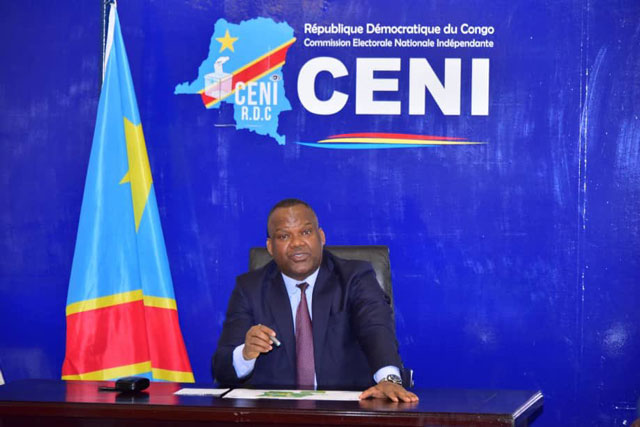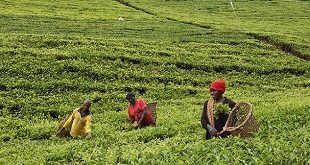
Kinshasa, DR Congo | AFP | A candidate in upcoming presidential elections in DR Congo said Thursday that the national election commission had confirmed the long-delayed vote would be postponed again.
Theodore Ngoy, one of 21 candidates vying to succeed President Joseph Kabila on Sunday, said the Independent National Election Commission (CENI) had informed him the poll was being postponed “for technical reasons.”
“CENI says that it is technically unable to organise the December 23 elections,” he told AFPTV.
“We are going to meet in the light of this information,” Ngoy said.
On Wednesday, a senior source in CENI said the panel would order a one-week postponement after a warehouse fire destroyed thousands of electronic voting machines earmarked for Kinshasa, the nation’s capital.
CENI chief Corneille Nangaa met in parliament Thursday with Prime Minister Bruno Tshibala and other candidates, ahead of a scheduled press conference.
But opposition leaders immediately voiced their anger about any further postponement to the much-troubled vote.
“No delay can be justified,” said Martin Fayulu, one of two opposition frontrunners.
Kabila and Nangaa would bear “full responsibility for this charade,” he said.
His statement was also signed by two heavyweights who have been barred from contesting the election — the exiled former governor of Katanga, Moise Katumbi, and former warlord Jean-Pierre Bemba.
– Country in crisis –
A postponement will provide the latest twist in a saga that has gripped Africa’s second biggest country — and arguably its most volatile — for more than two years.
The DRC has never experienced a peaceful transition of power since it gained independence from Belgium in 1960.
Since 1996, it has experienced two major wars that left millions of dead, and two ongoing conflicts in the centre and east of the country that have caused hundreds of thousands to flee their homes.
Fears of another bloodbath have haunted the nation after it was plunged into a political crisis in 2016 over Kabila’s future.
In power since 2001 after succeeding his assassinated father, Kabila, 47, was due to step down after reaching the end of his constitution-limited two terms in office.
But he stayed on, invoking a caretaker clause in the constitution that enables a president to stay in office until his or her successor is elected.
The elections were postponed until the end of 2017 under a deal brokered by the powerful Catholic church, and then again until 2018.
The delay sparked protests that were violently suppressed, with dozens of deaths, leading to an outcry by western nations and the UN.
One of the figures behind the crackdown is Kabila’s hand-picked successor, Emmanuel Ramazani Shadary, a hardline former interior minister.
On Thursday, the chief prosecutor at the International Criminal Court in The Hague, Fatou Bensouda, said the situation in the DRC posed “the risk of escalating violence that could lead to the commission of grave crimes
 The Independent Uganda: You get the Truth we Pay the Price
The Independent Uganda: You get the Truth we Pay the Price



